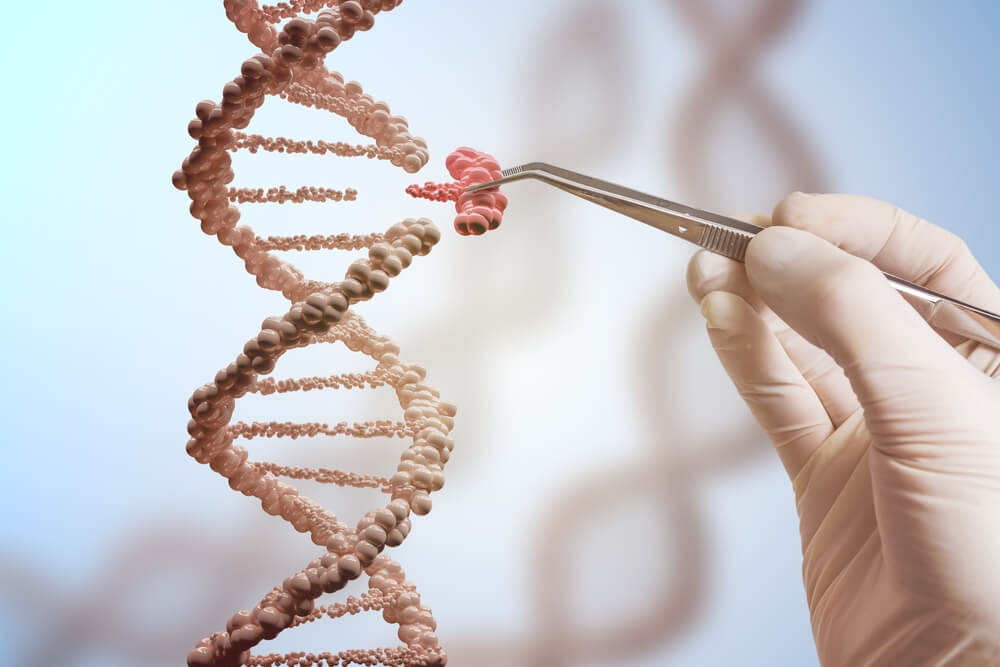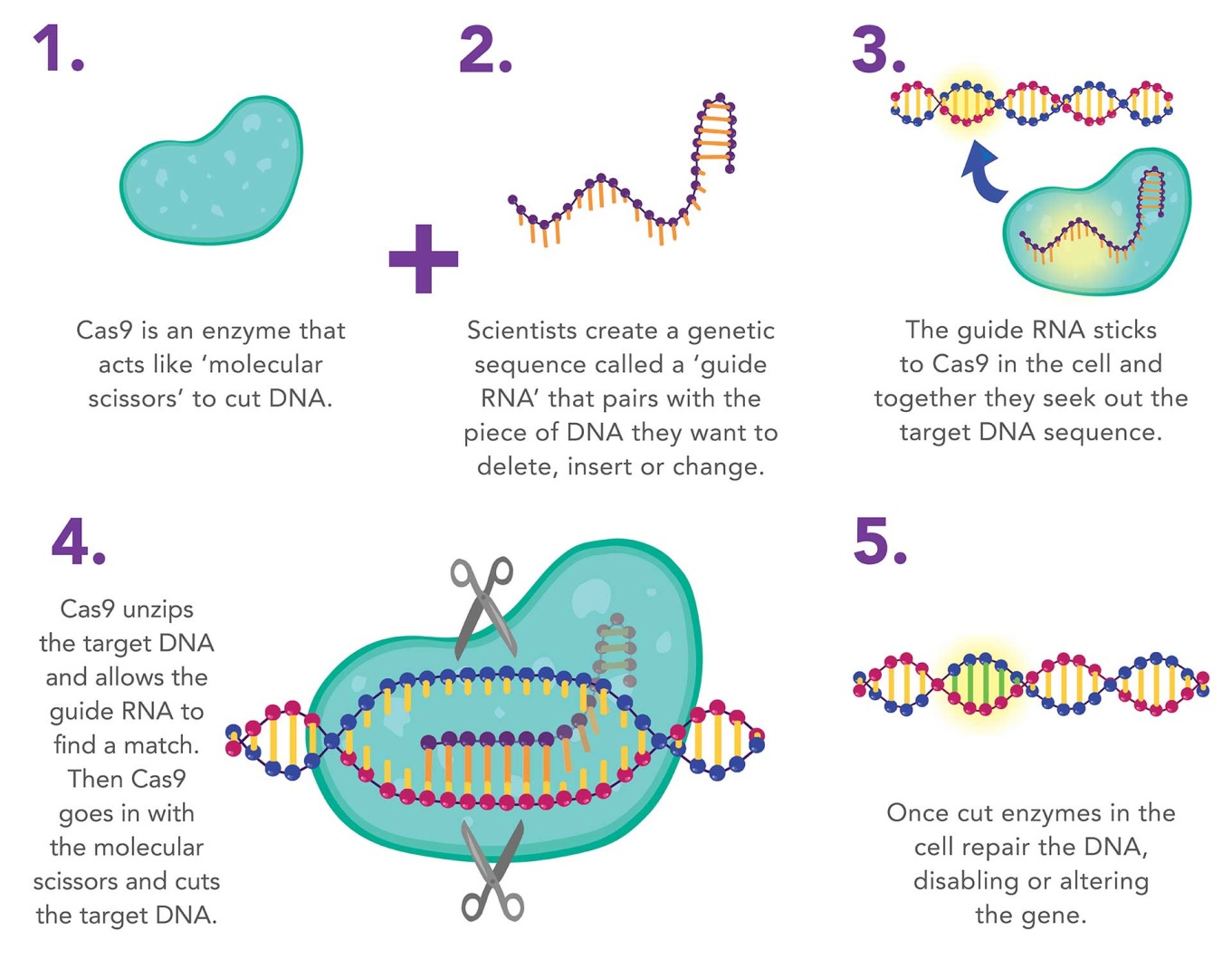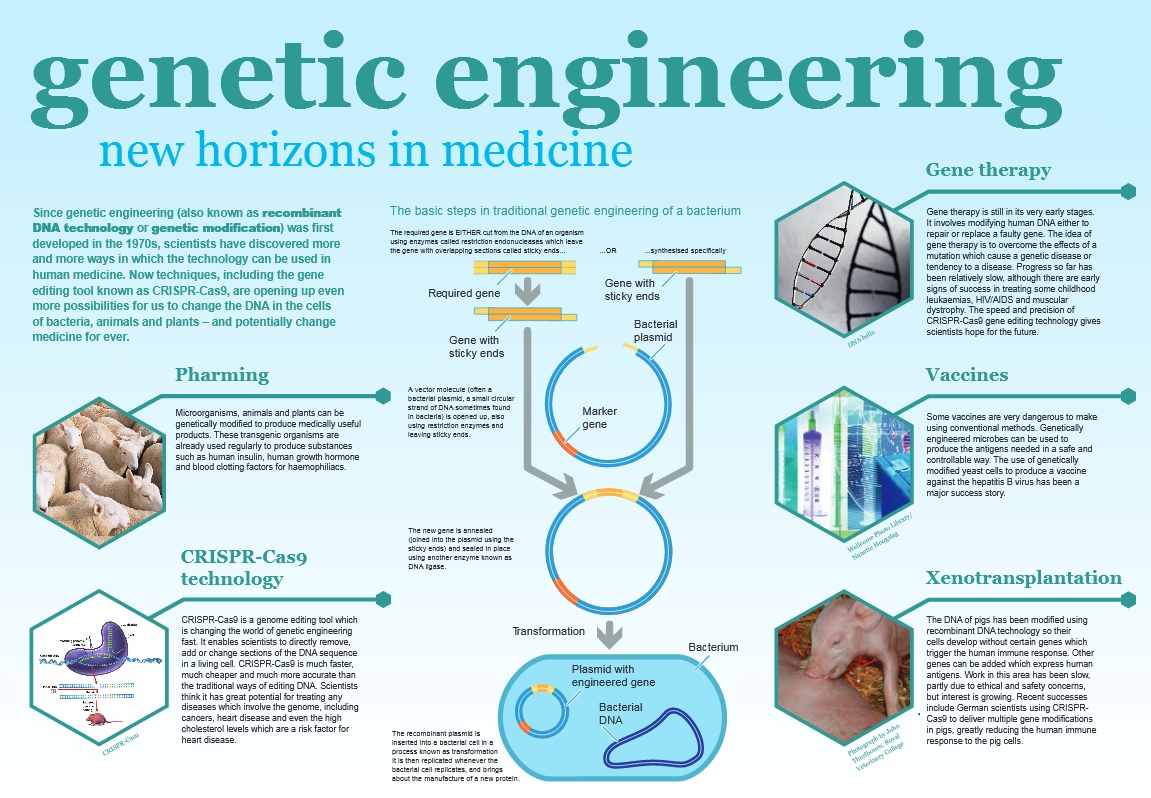Comments
- No comments found

Genetic engineering holds immense potential to revolutionize various aspects of our lives, from medicine and agriculture to environmental conservation.
With great power comes great responsibility, and ethical dilemmas surround the application of genetic engineering. We will navigate these ethical considerations, examining the need for responsible research, regulation, and public discourse to ensure that genetic engineering unfolds in a manner that aligns with our values and respects the boundaries of ethics.

The field of genetic engineering has made significant strides in recent years, propelled by advancements in gene editing technologies such as CRISPR-Cas9. These tools have revolutionized the ability to manipulate genes, allowing scientists to precisely modify and control genetic material. The potential applications are vast, ranging from curing genetic diseases and developing personalized medicine to enhancing agricultural productivity and conserving endangered species.
Genetic engineering offers unprecedented opportunities to address genetic disorders and improve human health.

With precise gene editing, researchers can potentially correct genetic mutations responsible for diseases. This could lead to the development of groundbreaking therapies and even the eradication of certain hereditary conditions. However, ethical considerations arise concerning the boundaries of genetic enhancements and the potential risks of unintended consequences.
As genetic engineering progresses, ethical dilemmas emerge regarding its applications. Questions regarding the ethics of modifying the human germline, the creation of genetically modified organisms (GMOs), and the potential for genetic discrimination arise. Balancing the desire for scientific advancement with concerns about equity, consent, and long-term consequences is crucial.
To address the ethical challenges associated with genetic engineering, responsible research practices and effective regulation are essential. Scientific communities must adhere to robust ethical guidelines, including transparent research practices, informed consent, and rigorous safety assessments. Simultaneously, regulatory frameworks should ensure oversight without stifling innovation, providing a balance between promoting advancements and safeguarding against potential risks.
Given the far-reaching implications of genetic engineering, engaging the public in discussions and decision-making processes is paramount. Societal values, cultural norms, and ethical frameworks must inform the development and implementation of genetic engineering applications. Public engagement initiatives, open dialogues, and inclusive decision-making can help shape policies that reflect the collective aspirations and ethical considerations of society.
As we navigate the future of genetic engineering, it is crucial to strike a delicate balance between scientific progress and ethical responsibility. Collaboration between scientists, policymakers, ethicists, and the public is essential to ensure that genetic engineering serves humanity's best interests. Robust ethical frameworks, transparency, responsible research practices, and informed regulations can guide the development and deployment of genetic engineering technologies.
The future of genetic engineering holds tremendous promise, offering remarkable possibilities for advancing medicine, improving agriculture, and addressing environmental challenges.

In order to fully realize these benefits, it is imperative to confront the ethical dilemmas and navigate the associated social implications. By prioritizing responsible research, engaging in open public discourse, and implementing effective regulatory measures, we can ensure that genetic engineering unfolds in a manner that aligns with our shared values and respects the boundaries of ethics.
Leave your comments
Post comment as a guest